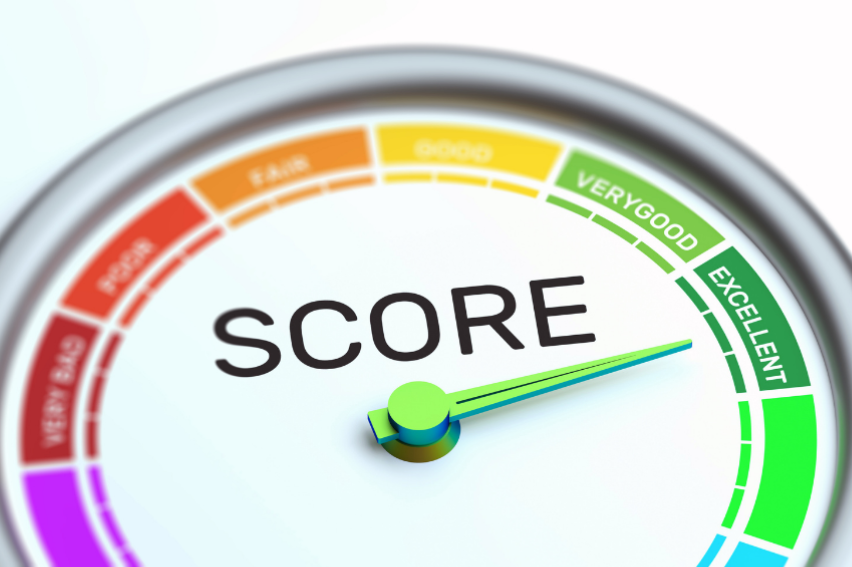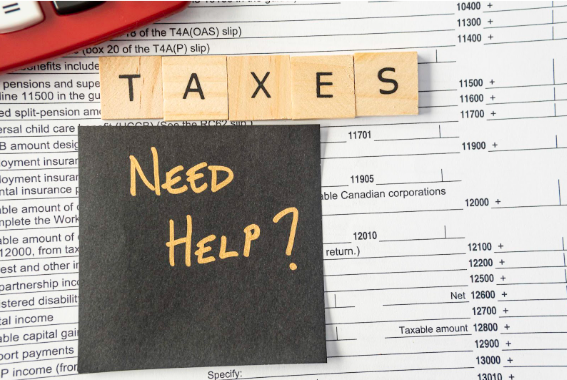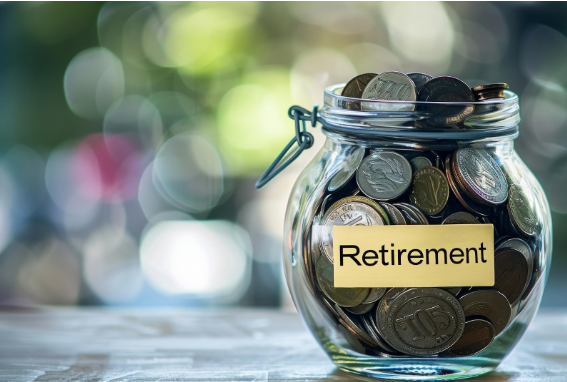
What is a Credit Score and How is it Calculated?
Your credit score is one of the most important pieces of your personal financial life. New lenders, credit card companies, employers, and even insurance companies will use your credit score to determine your risk of default.
Knowing how a credit score is calculated and how it works is important if you want to take control of your finances.
What is a Credit Score?
Your credit score is a three-digit number compiled by your credit history. The credit bureaus use an algorithm to come up with a score that shows lenders, employers, and other interested parties how well you manage your finances.
In general, you earn points when you handle your credit responsibly and you lose points when you make poor credit decisions.
What Affects Your Credit Score?

Certain factors affect your credit score, both good and bad. For example, debt can be good for your credit score if you handle it responsibly, but bad if you have a lot of outstanding debt or you default.
Here’s a breakdown of how your credit score is calculated.
Payment History
Your payment history makes up the largest part of your credit score and comprises 35% of your score.
The credit bureaus keep a log of your payment history for each account. If you pay your bills on time, your credit score will increase. If you miss payments or pay them late, you could hurt your credit score.
Your payment history also shows if you have a payment arrangement, if the creditor settled for less than the full amount, or if the outstanding debt was charged off (not collectible.)
Credit Usage
The next largest part of your credit score is your credit usage or how much of your credit line you use regularly. This makes up 30% of your credit score. If you use 60% or more of your credit lines, it could reflect negatively on your credit score.
Your credit usage also looks at your total outstanding payments. The more payments you have outstanding, the more it can hurt your credit score. Lenders often look at the combination of your total payments and your usual credit usage to determine your risk level.
Credit History Length
The longer your credit history is, the better it is for your credit score and your credit history length makes up 15% of your credit score. Most credit lines or loans stay on your credit report for around 6 years. The more accounts you have reported within that time, the better idea a lender can get of how you handle your payments.
The further you are from first getting credit lines, the better your credit score will be. But, keep in mind, if you had credit but you closed it since then, you won’t get the benefit of the ‘old credit age’ and it will be like starting all over again.
New Credit
Each time you apply for new credit it affects your credit score slightly. If you have a lot of inquiries or new credit applications in a short time, it could hurt your credit score even further. New credit makes up 10% of your credit score but it’s something to keep in mind each time you apply for new credit.
If you apply for credit often, you could be seen as high risk and may have a hard time securing loans when you need them.
Credit Mix
The final 10% of your credit score is your credit mix. A good mix is one with installment loans and revolving loans (credit cards), but neither in excess. If you have a lot of revolving debt, consolidation loans, or your credit report is marked up with payment arrangements and deferred payments, it could hurt your credit score and your chances of getting a new loan.
4 Ways to Improve your Credit Score

Now that you know what makes up a credit score, here are some ways that you can improve your credit score fast if your score isn’t as high as you’d like.
Bring all Debt Payments Current
If you’re behind on your payments, bring them current and keep making your payments on time. Late payments hurt your credit score the most but are the easiest issue out of most to fix. If you can’t bring your payments current right away, talk to your creditor about a payment plan.
Pay your Outstanding Debts Down
If you carry large credit card balances, try paying the outstanding debt down faster. Make extra payments toward your debt when you can and if that’s not possible, consider a debt consolidation or talk to a credit counsellor to see how you can get ahead of your debt.
Watch your Credit Inquiries
Don’t apply for every credit application that crosses your path. Be methodical about when you apply for credit, only borrowing what you need and not just what you want. For example, you likely get many credit card applications emailed or mailed to you. Just because they say you are ‘pre-approved’ doesn’t mean you need the credit card.
Take Care of Errors
If you find errors on your credit report, or worse yet, fraudulent activity, report it to the credit bureaus right away. Provide any proof you can about the dispute so they can investigate the situation and decide what steps to take or if the tradeline is legitimate.
Final Thoughts
Your credit score is important and outstanding debt can hurt it. If you can’t get ahead of your debt or worry about your credit score, let the credit counsellors at EmpireOne Credit help. Our professionals will go over your situation and help you determine how to get out of debt, fix your credit score, and move forward with your finances in a more productive way. We know dealing with your finances can be overwhelming, especially when you’re in over your head in debt, but we are here to help every step of the way.





